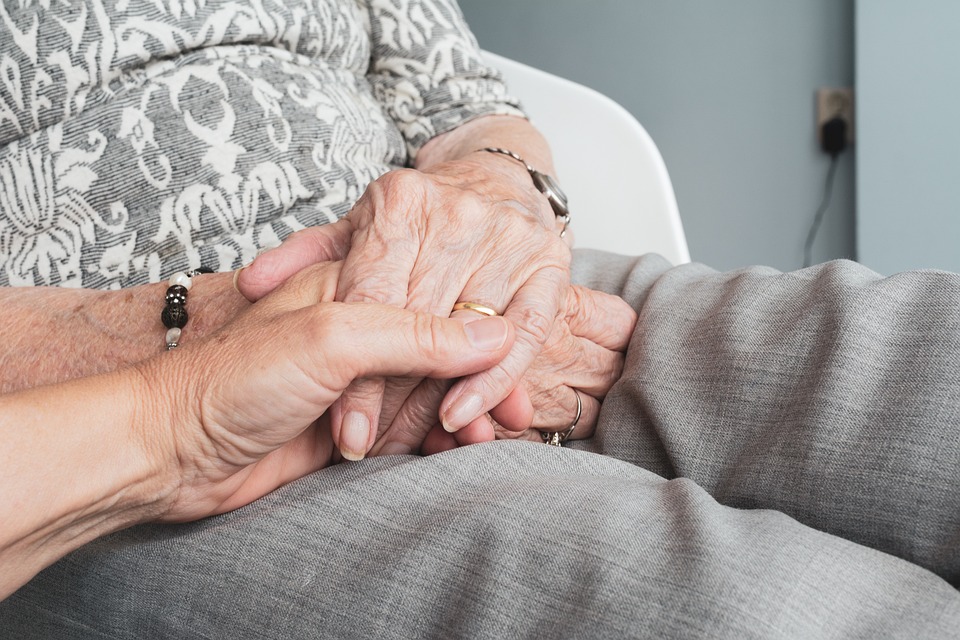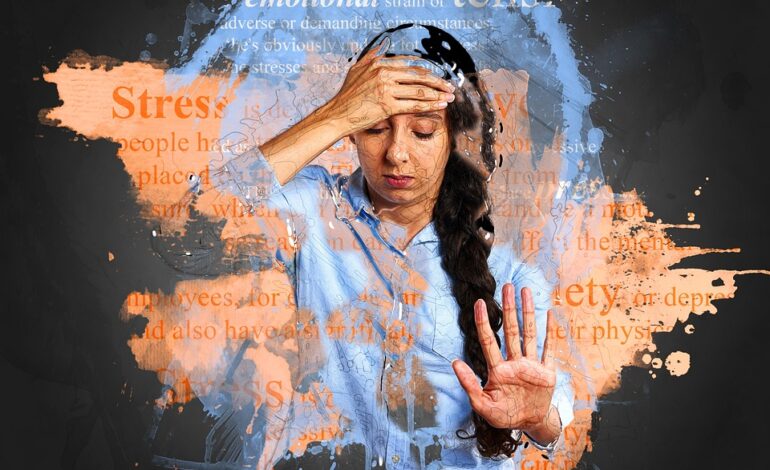Essay on “Youth and Age”
The relationship between youth and age is a complex one, with both groups having their own unique strengths and weaknesses. Age is commonly connected with wisdom, experience, and perspective while youth is often associated with vitality, enthusiasm, and a sense of possibilities.
On the one hand, young people have the potential to be a refreshing source of new ideas and energy. They tend to be more willing to experiment and take risks, both of which can pay off in many settings. A youthful person’s boundless vitality and ability to bounce back from setbacks are assets in any endeavor, especially those with a longer time horizon.
However, with age comes the steadiness and wisdom that may help you navigate any difficulty. The wisdom and counsel of the elderly is often sought out because of the depth of their life experience. They often see things from several angles, which aids them in decision making and issue solving.
Both young and old have something to contribute to the other’s development and well-being, making for a mutually beneficial partnership. Young people can gain insight from the experiences of the elderly, and the elderly can gain vitality and excitement from the youthful perspective. Both are important to the well-being of any community.
Facts about youth and ageing
Here are some interesting facts about youth and aging:
- Most people regard the years between the ages of 13 and 25 to be the “youthful” years, the time when one is “in between” childhood and maturity.
- Physical and mental changes occur simultaneously during the aging process, making it a multifaceted phenomenon. Wrinkles, gray hair, and diminished muscle mass and bone density are just some of the physical changes that come with age. Age-related mental shifts can include gaining perspective, becoming wiser, and slowing your capacity to pick up new skills.
- Some people age more quickly than others, and this difference is partly controlled by genetics. Although genetics play a part in aging, so do things like nutrition, exercise, and stress management.
- The average lifespan of a person in a developed country has risen dramatically over the past century, and today stands at 80 years.
- The number of people over 65 is projected to quadruple by 2050, reflecting a larger overall population. Improved medical treatment and longer life expectancies are major contributors to this pattern.
- Elders are revered in many cultures because of the value placed on the wisdom and experience they have gained over the course of their life. Elders are respected and honored because of their age-accumulated wisdom in some societies.
- Some people embrace the aging process while others resort to drastic measures like plastic surgery or anti-aging treatments in an effort to slow down the clock.



